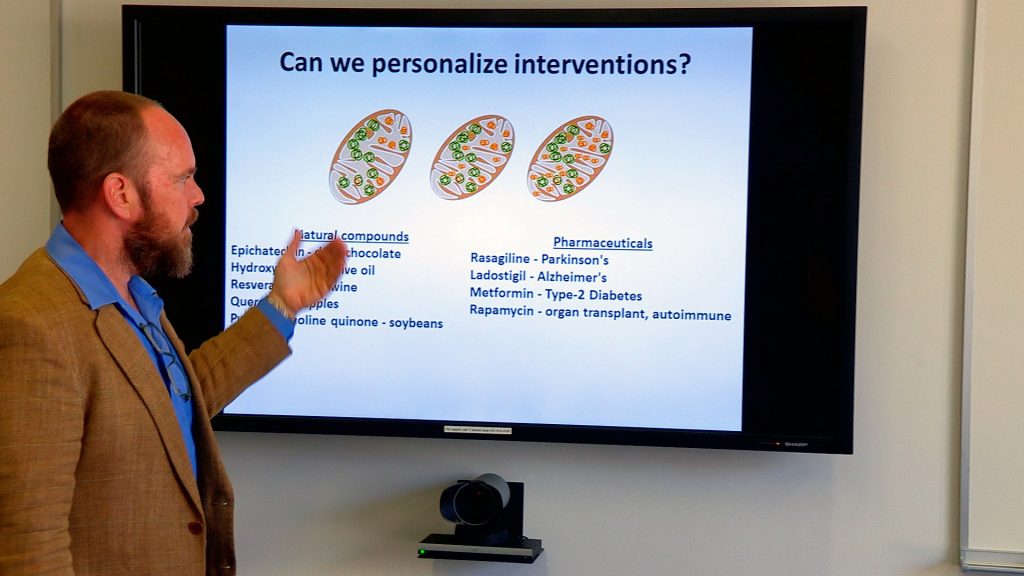by Gregory Tranah, PhD
As scientists, it is our obligation to present the results of our research to the general public in a way that is understandable and actionable. This is especially true for those of us working in fields where misinformation and pseudoscience are directly causing harm to us and our planet. Whether the topic is climate change, vaccines, alternative medicine, or creationism; it is up to us to use scientific evidence and our voices to battle the charlatans who are trying to sell a product or advance a political viewpoint for the purposes of personal gain. While the popular media often gives equal time to all sides without the burden of equal evidence under the guise of being “fair and balanced”, this gives the misperception that all sides have data to back up their positions. Beyond the topics listed above for which there is overwhelming evidence showing that climate change is real, vaccines prevent disease and don’t cause autism, alternative medicines do not lead to better outcomes, and that evolution is fact and creationism bogus – the majority of us have dedicated our careers to studying very complex scientific questions for which there are no simple solutions. In a world where 140 characters can change the outcome of an election or start a political revolution, we are hard pressed to describe the nuances of highly complex research programs in brief sound bites. Admittedly, our scientific training has instilled in us an open mindedness to examine new explanations for phenomena as novel evidence is generated through the scientific process. Indeed, this is the nature of science – continually re-testing hypotheses as cutting-edge technologies allow us to gather new data, allowing us to update our knowledge in all areas of science. Nevertheless, the long-term nature of scientific process does not often lead to exciting headlines or reality show controversies.
While no scientific topic is immune to the influences of pseudoscience, politically driven misinformation, and the influence of charlatans selling snake-oil; aging is ripe for exploitation. Your documentary, Who Want viagra en suisse to Live Forever, the Wisdom of Aging points this out beautifully by exposing the frauds while highlighting what the latest, honest research actually shows. By interviewing scientists across multiple fields of aging research (from cells to worms to humans) you have not only shown how complex the topic of aging really is, but demonstrated the struggles we scientists are facing in not only carrying out complex research programs but keeping these programs funded and moving forward as technology advances. Clearly, aging is a complex biological process involving environmental, behavioral, and genetic factors. By featuring the research of many scientists across multiple research programs you have shown that there is not a single “cure” for aging but that aging is a personal process that we all experience differently. Yet, as your documentary highlights, we have advanced our understanding of the aging process to the point that there are many interventions we can recommend to increase our years of health and happiness with the hope of many more to be discovered. I sincerely appreciate the opportunity to contribute to your documentary and look forward to being in the sequel!
Keep walking fast!
Gregory J Tranah, PhD Senior Scientist, CPMC Research Institute Adjunct Professor, Department of Epidemiology and Biostatistics, UCSF University of California at San Francisco Department of Epidemiology and Biostatistics Mission Hall: Global Health & Clinical Sciences Building 550 16th Street, 2nd floor, Box #0560 San Francisco, CA 94143

